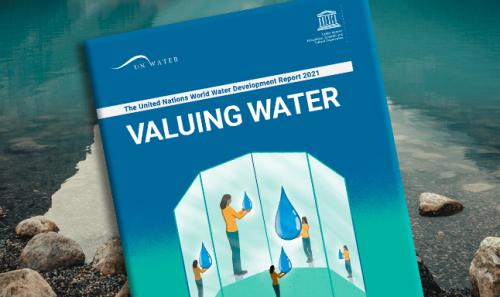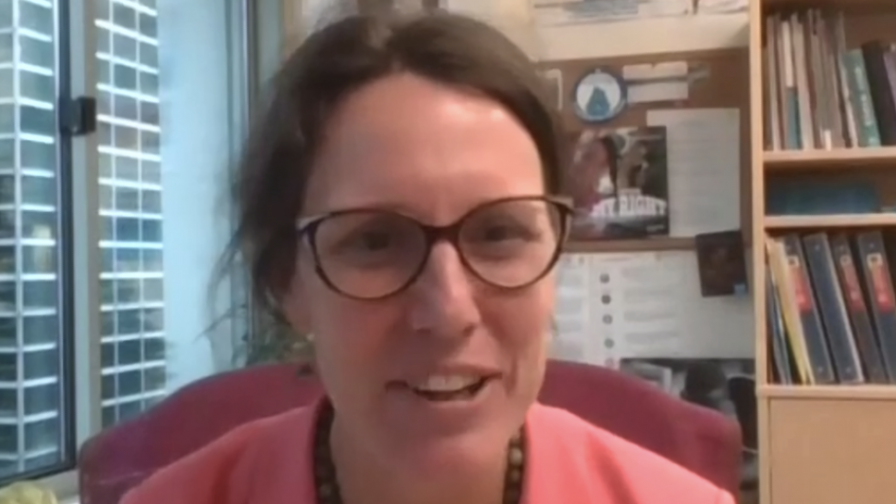Participants then convened in five breakout groups. Each group discussed a different option for the themes to be selected for the dialogue sessions that will take place during the 2023 UN Water Conference. Madhushree Chatterjee, UN-Water Secretary, noted the challenge in structuring the Conference so it would be more than a series of speeches. She said past events at the UN have structured dialogue sessions around questions and involved moderators, among other options. Chatterjee also noted there will be side events and special events taking place alongside the Conference.
Following the breakout groups, rapporteurs for each group reported back to the full meeting. A group focused on “Water Action Decade Work Streams” noted the importance of having a roadmap for the Conference and for involving sectors beyond the water and sanitation sector. This group highlighted governance as an issue that should be discussed, as well as gender, human rights, and social justice.
The group focused on “SDG 6 Global Acceleration Framework” suggested going beyond SDG 6 and identifying interlinkages with other SDGs. This group suggested focusing on what is being done and what has to be done. The group also suggested learning from the experience of the just-concluded High-Level Dialogue on Energy, and including the perspectives of Indigenous Peoples, youth, gender, and migrants.
The group focused on “Water-Related Global Targets” suggested organizing around five alternative themes that would split the SDG targets differently and include others that provide a broader systems-based view: climate and disaster risk reduction; peace and security; social needs, including health, education and economic development; food security/food systems; and biodiversity and the environment.
The group focused on “Thematic Focus” emphasized the need to build an action agenda, identify what has been done and what needs to be done still, and generate commitment by Member States to move forward. This group said the dialogues should have a multi-stakeholder approach.
The group focused on “Blended Approach” said the dialogues should contribute to the objectives of the mid-term review of the Water Action Decade, and could include themes including climate change, gender, vulnerable communities, and human rights. This group also said governance should be discussed.
In closing the open sessions of the 35th UN-Water Meeting, Naylor thanked the Members and Partners for engaging in the conversation. She highlighted the need for collaboration on the road to the 2023 Conference, and said UN-Water’s role as a coordinating body will provide an important tool to ensure engagement in the process. She highlighted the opportunity that the 2023 Conference provides UN-Water Members and Partners to shape the future, and looked forward to keeping the conversation going forward. She closed the open session at 10:08 am. UN-Water Members will continue the meeting on Wednesday, 6 October 2021.












Add new comment